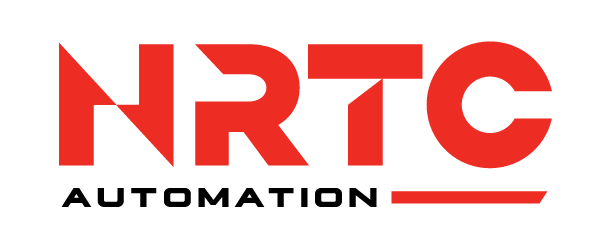The Future of Automation in Manufacturing: Trends and Predictions
Automation has been revolutionizing the manufacturing industry for decades, increasing productivity, reducing costs, and improving overall efficiency. As we move forward into the future, automation technology continues to evolve and bring about new possibilities. In this article, we will explore the latest advancements in automation technology and discuss how they are shaping the future of manufacturing.
Trends in Automation Technology:
Robotics and Cobots:
Robots have long been a staple in manufacturing, but recent advancements have made them more versatile and collaborative. Collaborative robots, or cobots, are designed to work alongside human workers, enhancing productivity and safety on the factory floor. With advanced sensors and machine learning capabilities, cobots can perform intricate tasks and adapt to changing conditions with ease.
Artificial Intelligence and Machine Learning:
The integration of artificial intelligence (AI) and machine learning (ML) has unlocked new opportunities for automation in manufacturing. AI algorithms can analyze vast amounts of data in real-time, enabling predictive maintenance, optimizing supply chain management, and enhancing quality control. ML algorithms can learn from patterns and improve efficiency over time, leading to more accurate and faster decision-making processes.
Internet of Things (IoT) and Industrial Internet of Things (IIoT):
The IoT and IIoT have revolutionized the connectivity between machines, systems, and humans in manufacturing. By integrating sensors and devices into the production line, manufacturers can gather real-time data and remotely monitor and control operations. This connectivity facilitates proactive maintenance, reduces downtime, and enables data-driven decision-making.
Additive Manufacturing:
Additive manufacturing, or 3D printing, is transforming the production process. This technology allows manufacturers to create complex parts and prototypes with greater speed and precision. It reduces waste, eliminates the need for assembly lines, and enables decentralized production. As the technology advances, 3D printing will become an integral part of manufacturing processes across various industries.
Predictions for the Future:
Increased Automation Adoption:
Automation will continue to penetrate various industries, from automotive and electronics to pharmaceuticals and food processing. As technology becomes more affordable and adaptable, businesses will invest in automation to gain a competitive edge, improve productivity, and reduce labor costs.
Enhanced Human-Machine Collaboration:
The future of manufacturing lies in the synergy between humans and machines. Automation technology will augment human capabilities, allowing workers to focus on more complex and creative tasks. Collaboration between humans and robots will be further enhanced, with cobots becoming an integral part of the workforce, working side by side with humans in a harmonious manner.
Customization and Personalization:
Automation will enable mass customization and personalized manufacturing. With advanced robotics and AI, manufacturers can efficiently produce customized products at scale, catering to individual customer preferences. This will revolutionize industries such as fashion, healthcare, and consumer electronics, where personalization is increasingly important.
As the manufacturing industry continues to evolve, automation will play an increasingly significant role. The trends and predictions discussed in this article highlight the transformative potential of automation technology. Businesses looking to embrace the future of manufacturing can turn to NRTC Automation as an ideal partner. NRTC Automation offers comprehensive automation solutions across various industries, leveraging cutting-edge technology to enhance productivity, efficiency, and profitability. Learn more about our range of services here.

